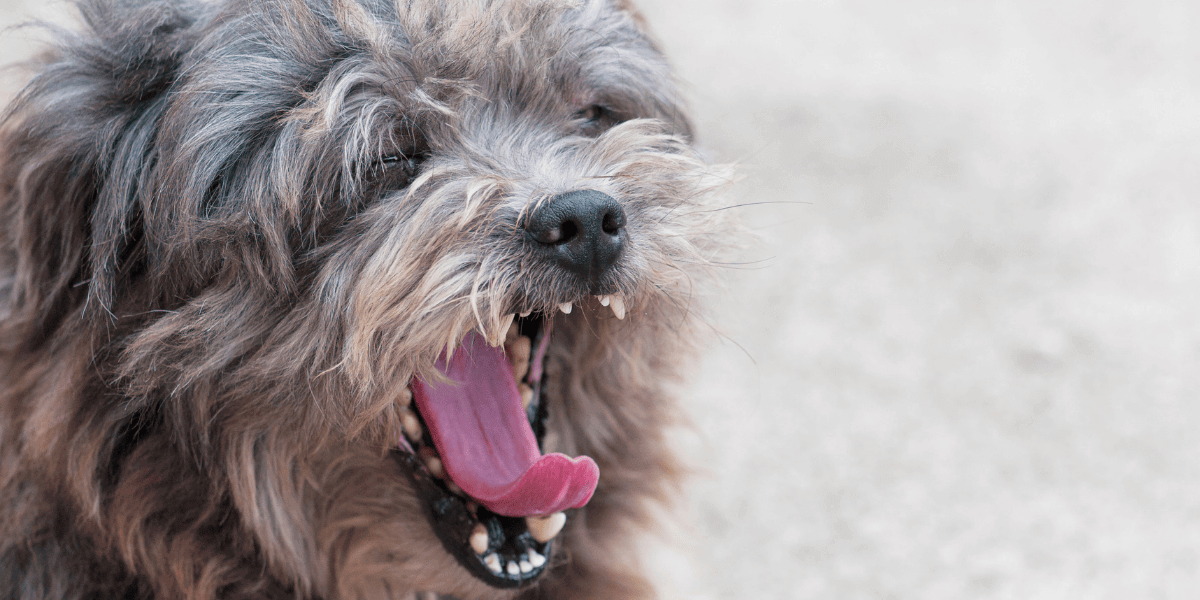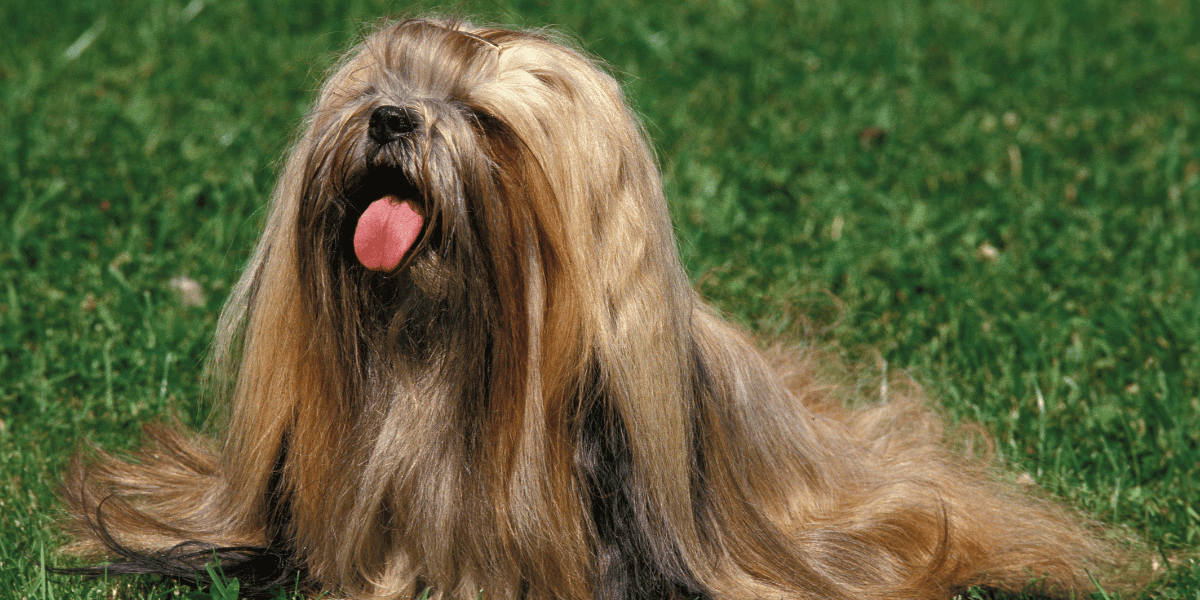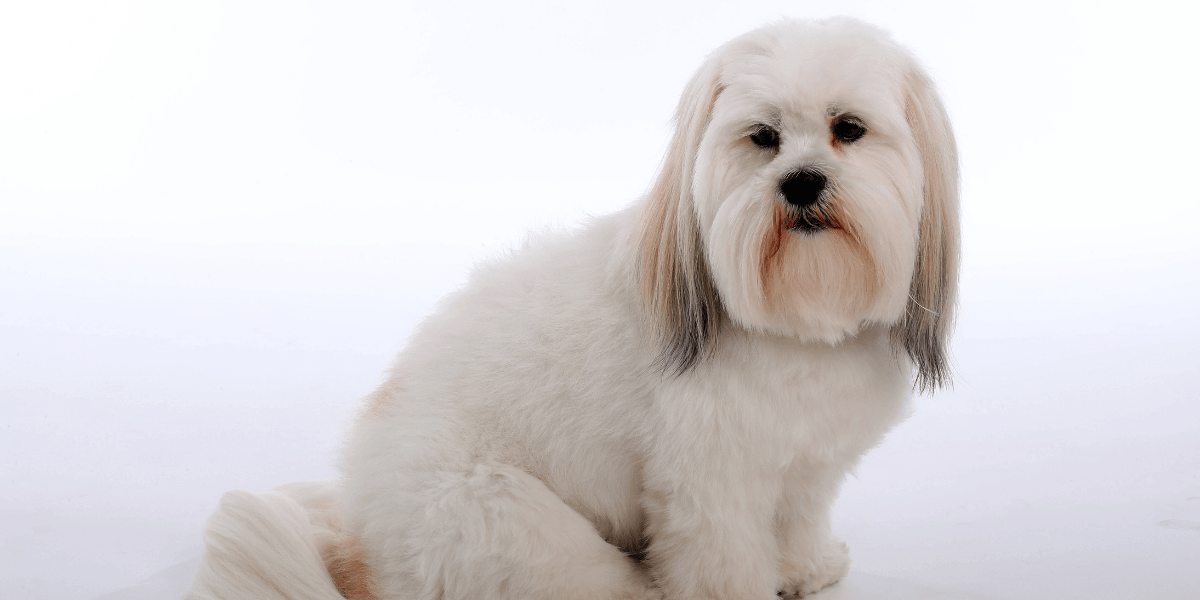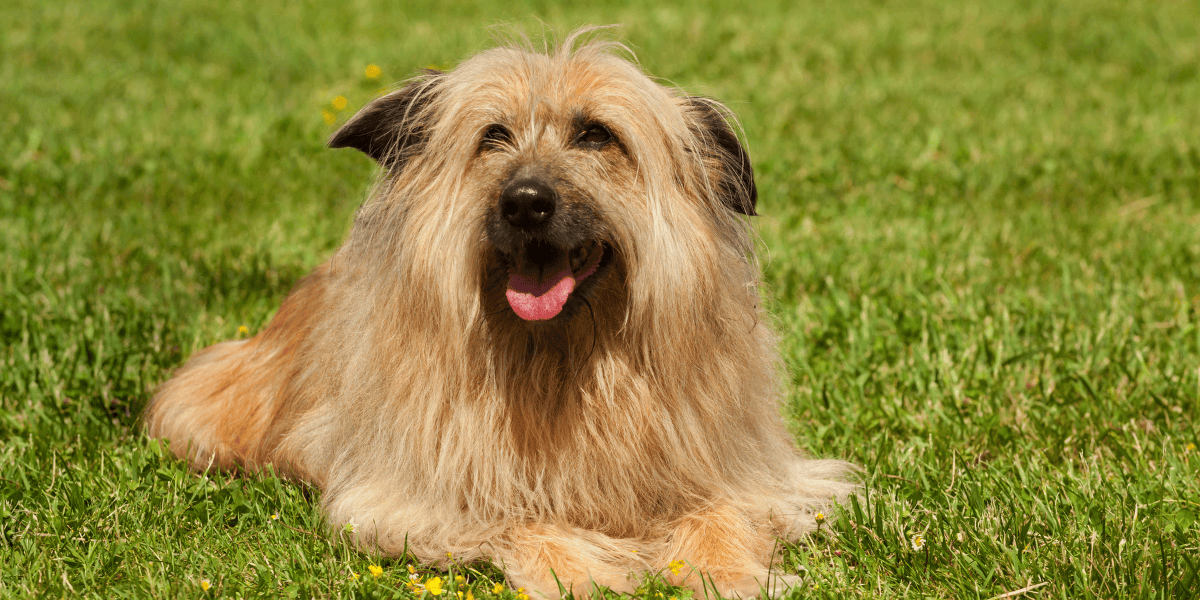Introduction
Lhasa Apsos are loyal companions with health concerns for Lhasa Apso needing care.
- Their unique characteristics can lead to specific health issues
- Understanding these concerns is vital for any Lhasa Apso owner
- Preventative care can significantly enhance their quality of life
- Regular vet check-ups are essential for early detection of problems
- This article will explore the top health concerns and how to manage them
1. Eye Problems

This section discusses common eye issues that Lhasa Apsos faces.
- Cataracts: These can cloud the lens, affecting vision
- Progressive Retinal Atrophy: This leads to gradual vision loss
- Corneal Ulcers: These painful sores can result from injury or infection
- Entropion: This condition causes the eyelids to fold inward
- Keratoconjunctivitis Sicca: Often known as dry eye, this affects tear production
- Cherry Eye: This is a prolapse of the third eyelid gland
- Glaucoma: This condition can lead to severe pain and blindness
2. Skin Issues

Lhasa Apsos are prone to various skin problems that require attention.
- Allergies: Common allergens include pollen, dust, and certain foods
- Sebaceous Adenitis: This is a condition that affects oil glands
- Hot Spots: These are inflamed, irritated areas of the skin
- Fungal Infections: These can occur due to damp environments
- Bacterial Infections: These often arise from skin irritations
- Parasites: Fleas and mites can cause significant discomfort
- Dry Skin: This can result from environmental factors or poor diet
3. Dental Health

Maintaining good dental hygiene is crucial for Lhasa Apsos.
- Periodontal Disease: This is the most common dental issue in dogs
- Tooth Decay: This can affect both baby and adult teeth
- Bad Breath: Often a sign of underlying dental problems
- Tartar Build-Up: This can lead to gum disease if untreated
- Abscessed Teeth: These painful conditions require immediate care
- Oral Tumors: These can develop and may need surgical intervention
- Regular Teeth Brushing: This helps prevent many dental issues
4. Joint Problems

Lhasa Apsos are susceptible to various joint-related issues.
- Hip Dysplasia: This genetic condition affects joint formation
- Patellar Luxation: This is when the kneecap dislocates from its normal position
- Arthritis: Common in older dogs, it leads to joint pain and stiffness
- Osteochondritis Dissecans: This involves cartilage issues in the joints
- Bursitis: This causes inflammation of the fluid-filled sacs in joints
- Ligament Tears: These can occur during play or exercise
- Weight Management: Keeping a healthy weight can help prevent joint issues
Learn how to prevent and manage hip dysplasia to keep your Lhasa Apso active and healthy.
5. Hearing Problems

Hearing loss can significantly impact a Lhasa Apso's life quality.
- Congenital Deafness: Some Lhasa Apsos may be born deaf
- Age-Related Hearing Loss: This is common in older dogs
- Ear Infections: These can lead to temporary or permanent hearing loss
- Wax Buildup: Excessive wax can block sound transmission
- Noise Sensitivity: Some dogs may become frightened by loud noises
- Regular Ear Cleaning: This helps prevent infections and other issues
- Veterinary Check-Ups: Regular exams can catch hearing problems early
6. Obesity

Obesity is one of the health concerns for Lhasa Apso that can lead to further issues.
- Dietary Management: A balanced diet is essential for weight control
- Exercise: Regular physical activity helps maintain a healthy weight
- Portion Control: Measuring food can prevent overeating
- Healthy Treats: Opt for low-calorie options for rewards
- Regular Vet Visits: These can help monitor weight and health
- Obesity-Related Conditions: These include diabetes and heart disease
- Owner Education: Understanding proper nutrition is vital for prevention
Discover the best foods and supplements to manage your Lhasa Apso's weight effectively.
7. Gastrointestinal Issues

Digestive problems can affect the overall health of Lhasa Apsos.
- Food Intolerances: Some dogs may react poorly to certain ingredients
- Vomiting: This can indicate a variety of underlying problems
- Diarrhea: This can lead to dehydration and requires attention
- Bloat: A life-threatening condition that needs immediate care
- Pancreatitis: This inflammation of the pancreas can be serious
- Constipation: This can be uncomfortable and needs management
- Regular Feeding Schedule: A consistent routine helps with digestion
8. Respiratory Issues

Lhasa Apsos can face various respiratory challenges throughout their lives.
- Tracheal Collapse: This is a common condition affecting smaller breeds
- Brachycephalic Airway Syndrome: This affects dogs with flat faces
- Allergic Rhinitis: This leads to sneezing and nasal discharge
- Pneumonia: This can result from infections or other complications
- Chronic Bronchitis: This condition leads to persistent coughing
- Coughing: Frequent coughing can indicate a serious issue
- Regular Vet Check-Ups: Monitoring respiratory health is essential
Understand common respiratory issues in Lhasa Apsos and how to address them effectively.
9. Hormonal Issues

Hormonal imbalances are key health concerns for Lhasa Apso needing attention.
- Hypothyroidism: This condition results from an underactive thyroid
- Cushing's Disease: This is caused by excess cortisol production
- Diabetes Mellitus: This affects insulin production and glucose regulation
- Testicular Cancer: This can occur in unneutered males
- Pyometra: This is a serious infection of the uterus in females
- Skin Issues: Hormonal imbalances can lead to skin problems
- Regular Blood Tests: These can help monitor hormone levels
10. Cancer

Cancer is a serious health concern for many dogs, including Lhasa Apsos.
- Common Tumors: Lhasa Apsos can develop various types of tumors
- Early Detection: Regular vet visits can help catch cancer early
- Signs of Illness: Watch for weight loss, lumps, or behavioral changes
- Types of Cancer: This includes lymphoma, mast cell tumors, and more
- Treatment Options: Options include surgery, chemotherapy, or radiation
- Palliative Care: Focus on comfort and quality of life in advanced cases
- Support Groups: These can help owners cope with a cancer diagnosis
FAQs
1. What are the signs of cataracts in Lhasa Apsos?
- Common signs include cloudy eyes and difficulty seeing in low light
2. How often should I groom my Lhasa Apso?
- Regular grooming every few weeks helps prevent matting and skin issues
3. What is the best diet for a Lhasa Apso?
- A high-quality, balanced diet suited for small breeds is ideal
4. Are Lhasa Apsos prone to allergies?
- Yes, health concerns for Lhasa Apso include their susceptibility to various allergies
5. How can I prevent dental issues in my dog?
- Regular brushing and dental check-ups are crucial for maintaining dental health
6. What exercise does Lhasa Apsos need?
- Daily walks and playtime are essential for their physical and mental well-being
7. When should I take my dog to the vet?
- Regular check-ups and any signs of health issues warrant a vet visit
Conclusion
- Understanding health concerns for Lhasa Apso is essential for responsible ownership
- Prevention through regular check-ups and a healthy lifestyle is vital
- Paying attention to symptoms can lead to early intervention
- Grooming and proper diet play significant roles in their overall health
- Educating yourself about these issues enhances their quality of life
If you found this guide helpful, like and share it with fellow dog lovers today!
References
For more information on the Top 10 Health Concerns for Lhasa Apso, check out:




